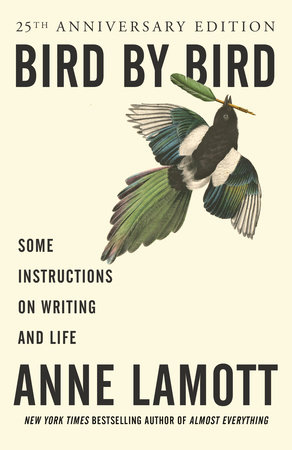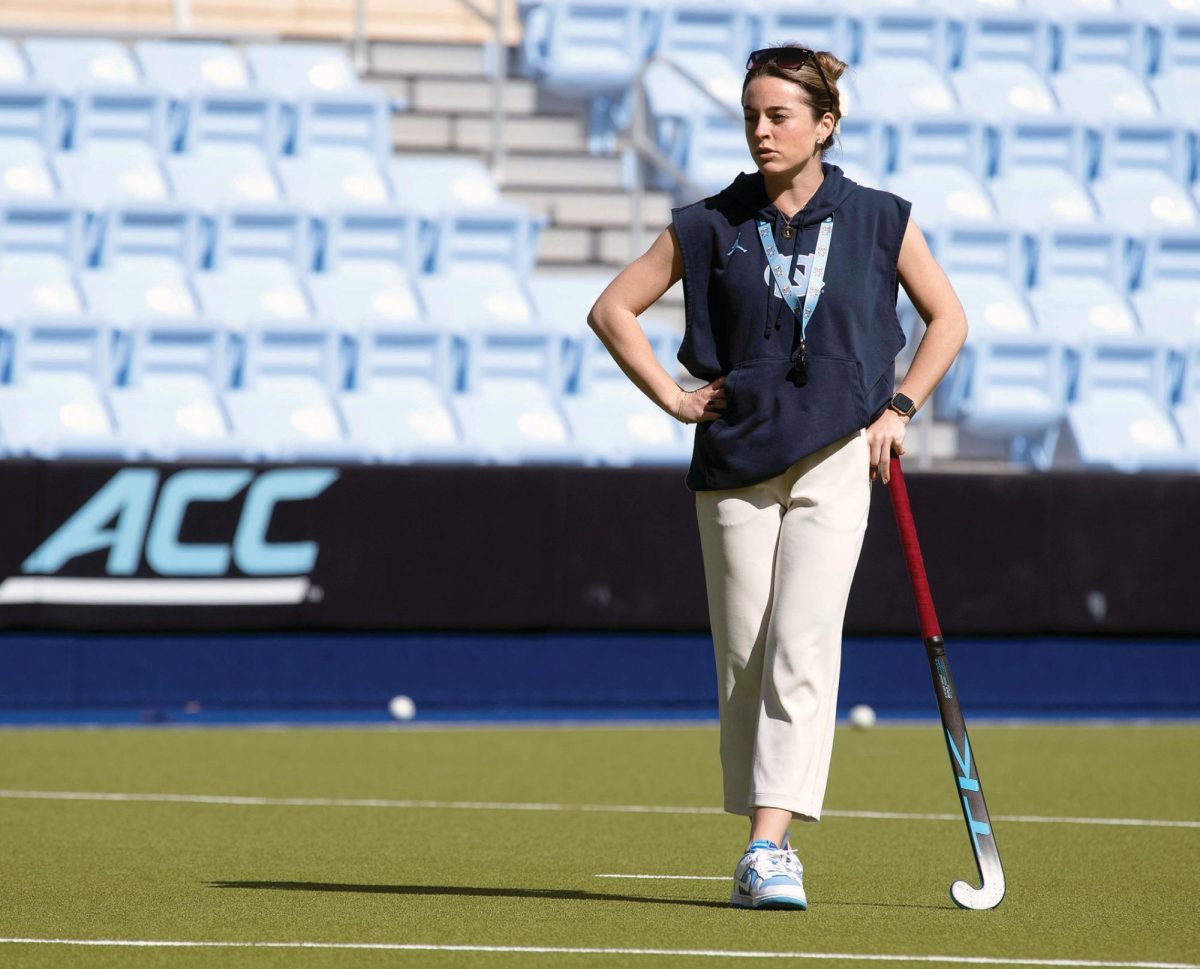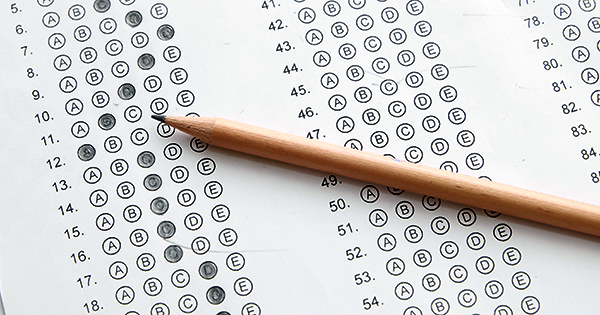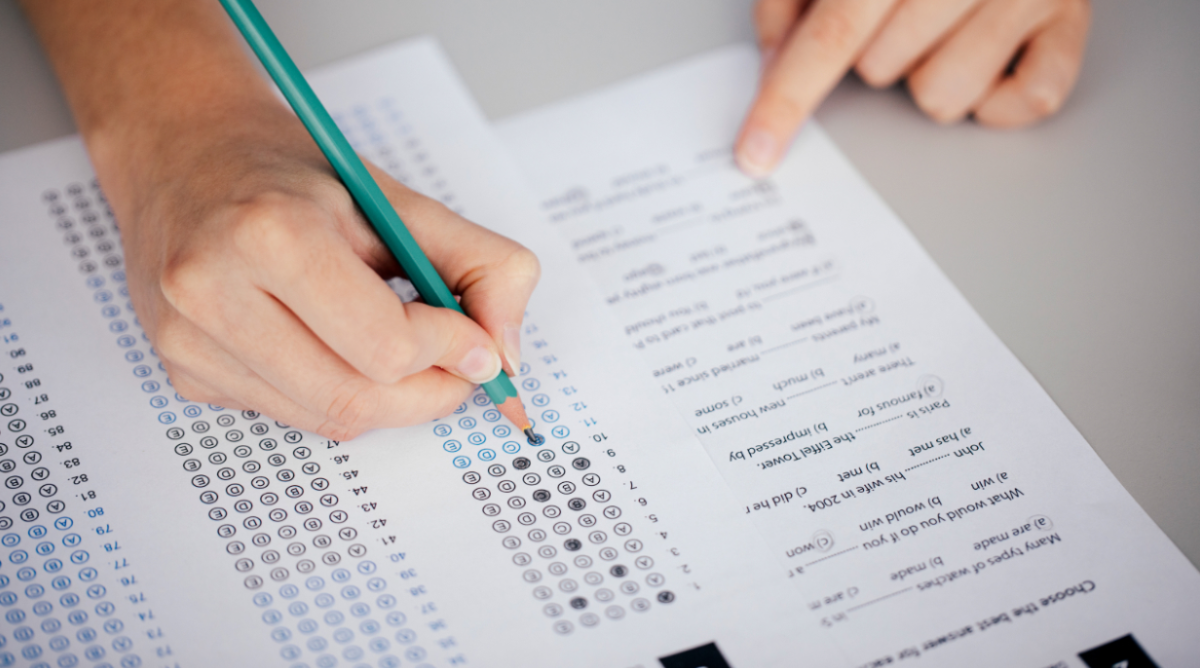‘Bird by Bird’ by Anne Lamott Book Review

January 12, 2022
Writing is different for everyone. It can be fun and natural to some, while others have a difficult time forming their thoughts into paragraphs. With this in mind, I think effective writing first starts with being honest, both for the writer and to the reader. While there is a certain level of skill necessary, honesty, in many cases, is more valuable than how excellently-written a piece is. In Bird by Bird by Anne Lamott, she discusses the importance of honest writing, saying, “good writing is about telling the truth. We are a species that needs and wants to understand who we are” (Lamott, 3). This shows that the first step in effective writing is to be truthful rather than changing a story’s path in order to try to appeal to others. Truthfulness is shown through a smooth-flowing plot and authentic characters, both of which make a story feel real instead of fabricated. Genuine and personal writing, in my opinion, is the best form of writing. It draws readers in with its authenticity and builds relationships between readers and the story, making it effective writing that people will connect with.
Similarly, the writing process should be just as personalized and used to work best for the writer. The purpose of the writing process is to help an author create the best work they can through a continuous cycle of drafting, editing, and rewriting. Prior to my class regarding writing theory and practice, I viewed the writing process as a stiff and linear step-by-step guide, but I now understand that it is truly a cycle. I don’t have to edit once and hope that I found all my mistakes, but I can go through multiple times and continue editing, or even go back to the prewriting stage and brainstorm new ideas. My new view of the writing process began with the Bedford Guide, which stated, “writing is also recursive, which means that, as writers, we continually return to earlier portions of a draft, generating new ideas and deleting others, writing and rewriting in order to move forward with the paper” (Zimmerelli, 7). With this idea in mind, the writing process works for me instead of against me. Before, I thought I had to conform to the typical ‘Step 1: Brainstorm, Step 2: Outline…’ instruction. Now, I know that I can take the steps I need to in an order that works for me and know that I am still following the writing process, molding it to my style of writing rather than the other way around. Overall, the writing process is a recurring cycle of necessary steps that help to generate someone’s best writing.
I have also learned vital life lessons throughout this course. I’ve learned the importance of collaboration and the benefits of going to someone with more knowledge in a certain area for help. Improvement first starts with conversation and collaboration. These steps allow you to develop an understanding of how others view your writing and if it translates the way you hope. As a tutor, I’ve seen firsthand students become better writers through peer collaboration, both from working with me and with teachers. For example, students improve their word variety when I read their paper out loud and they hear the repetition, teaching them to not go back to the same adjective or verb for every sentence. The writing center helps to build writing skills that will last long-term rather than just for this paper, showing how collaboration is one of the most vital and helpful steps in writing. Another important lesson I learned is that a passion for writing has to be present in order to improve. If you don’t have the desire to do something, there will be no motivation to change and grow in that area. In his memoir On Writing, Stephen King highlights this, saying, “if there’s no joy in it, it’s just no good… the sort of strenuous reading and writing program I advocate… will not seem strenuous if you really enjoy doing these things” (King, 150). This quote from King shows that if someone wants to improve, the steps to grow will not be a chore, but will be enjoyable. This taught me that the first step to becoming better at any skill is to enjoy that activity and want to become better, not for gain but for personal enjoyment. Without that, there is no motivation or happiness in the process.
In the future, I can confidently say that I will use the skills I’ve learned in this class in both writing and life. I plan to develop as a writer by continuing to use the skills taught in this course and from my work as a tutor. I will go to others for opinions on my pieces in order to understand how my writing is perceived by others and continue to read my papers aloud to see if it flows the way it needs to. I will also continue to approach the writing process as a helpful tool rather than a required burden, using it to my advantage to produce the best work I can. Finally, I plan to utilize writing more in my daily life for personal enjoyment and not just for required assignments, for example writing a journal. This course was able to reinvigorate my appreciation of writing and reiterates the importance of writing honestly to myself instead of writing for a grade. I learned numerous lessons that will carry me through college and beyond, both in writing and in life.
























